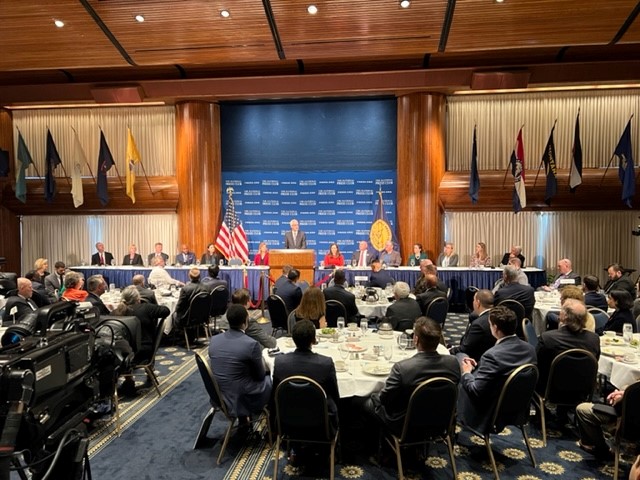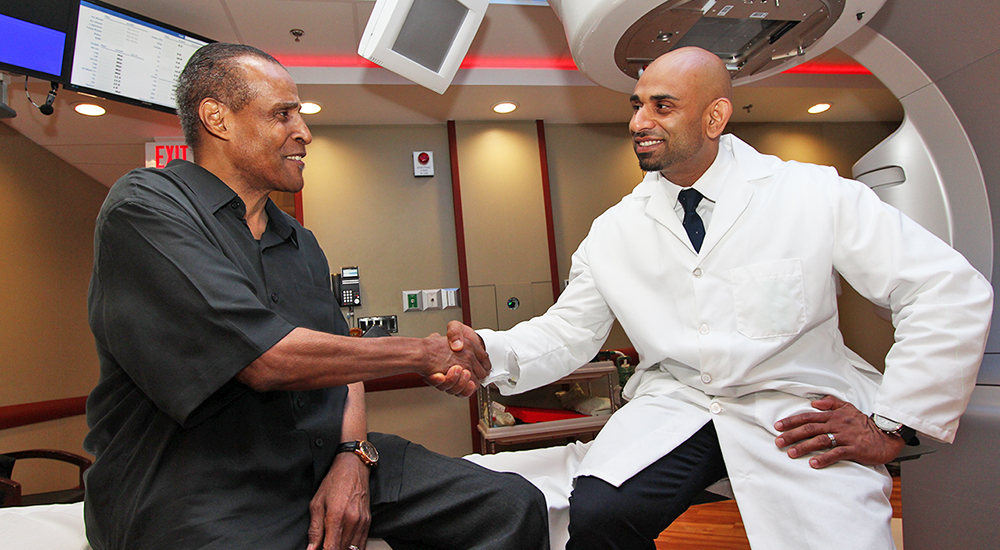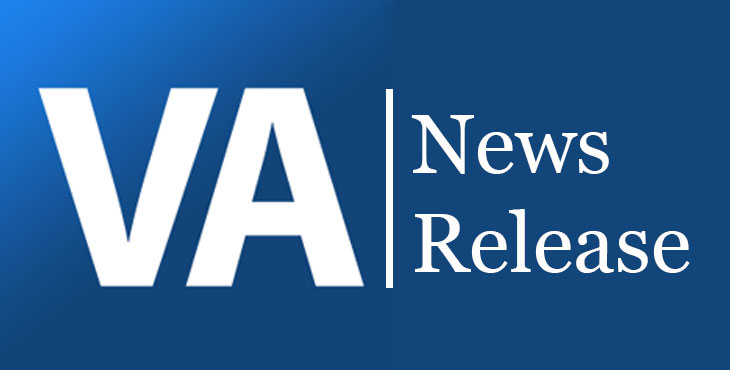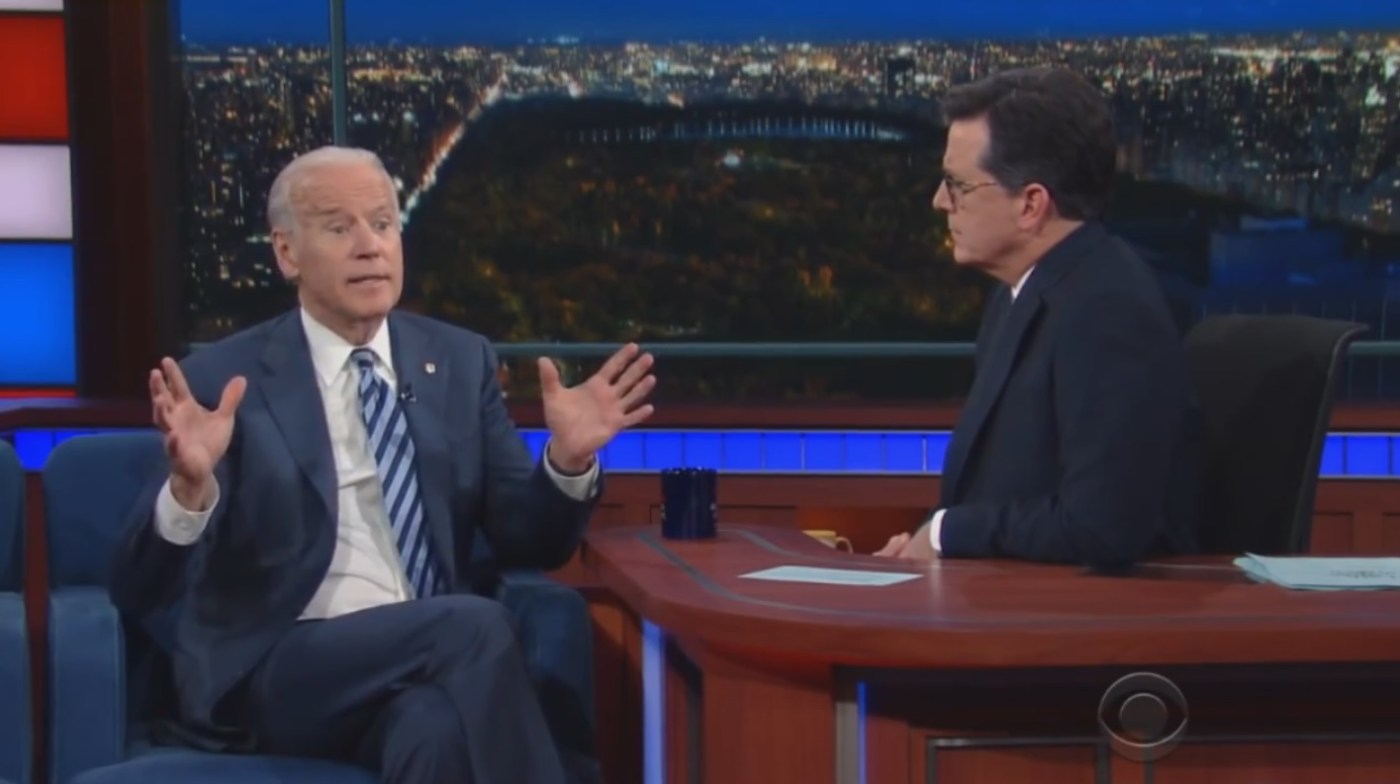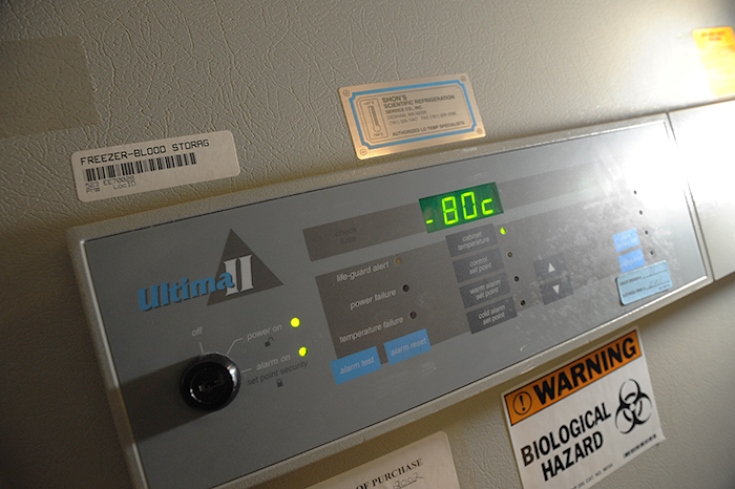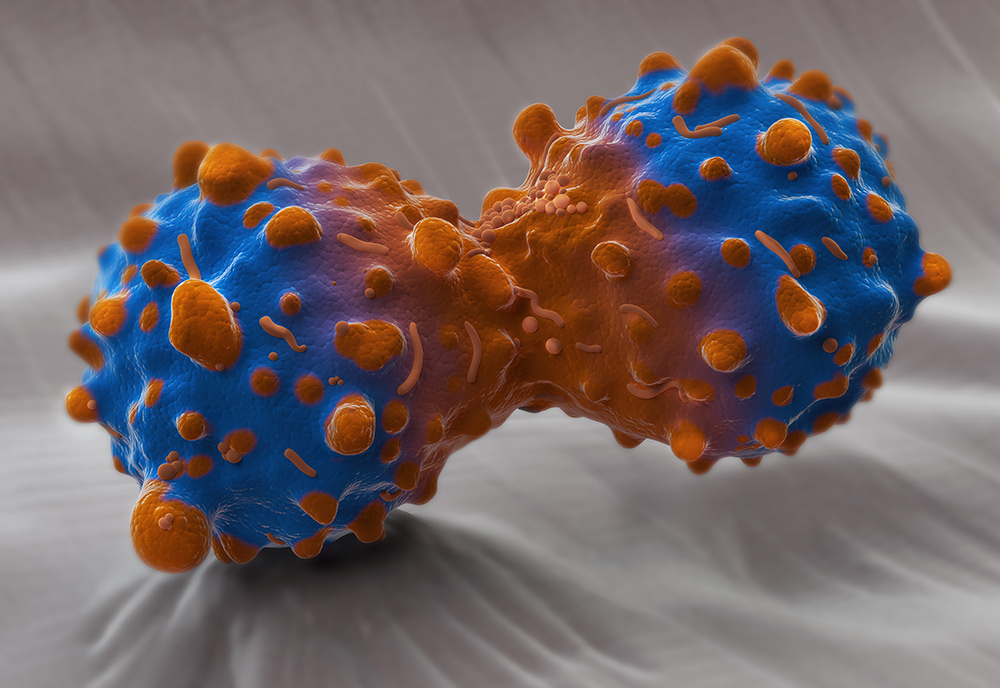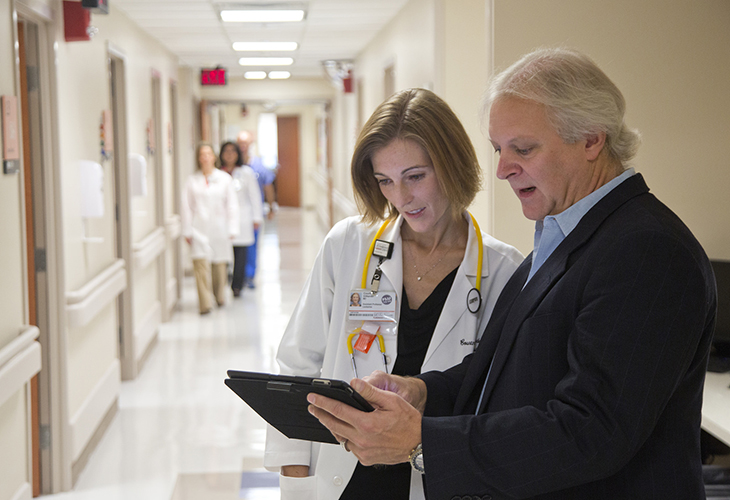VA Secretary Denis McDonough spoke at the National Press Club on Nov. 7, 2022. The following are his remarks from the event.
APOLLO is a complex acronym for a data collection project with an important goal: individualized cancer treatment. VA is working with federal partners in largely unprecedented cancer research.
First announced two years ago as part of the National Cancer Moonshot Initiative, VA oncologists have now used IBM Watson for Genomics technology to support precision oncology care for more than 2,700 Veterans with cancer.
During a visit to the late night talk show, Vice President Joe Biden highlighted the strategic partnerships efforts by the VA, the largest hospital system in the world, to work with private entities to expand the knowledge base around cancer.
VA is leading the way in genomic medicine, the study of DNA to learn about health and diseases. The Million Veteran Program (MVP) is VA’s ambitious initiative to advance genomic research.
The nation’s first hadron therapy center at VA's Palo Alto facility will serve Veteran and non-Veteran cancer patients who could benefit from particle therapy using proton or heavy ion beams.
Part of the wider national Cancer Moonshot initiative, APOLLO will initially focus on lung cancer in patients at VA and DoD medical centers, with plans to eventually include other forms of cancer.
Stanford Medicine and the VA Palo Alto Health Care System have announced a collaboration to establish the nation’s first center to deliver hadron therapy to cancer patients.
VA has a long history in cancer prevention and research, including ongoing collaborations with other public agencies, and profit and non-profit corporations to enhance cancer research, including studies that support the national Precision Medicine Initiative.
As a tool to help doctors evaluate treatment options for their patients, Watson for Genomics produces a list of potential therapies ranked by levels of evidence with links to associated research and clinical trials for physicians to consider. This information could help inform VA's healthcare professionals and veterans of promising new cancer treatments. The VA's top priorities of access to and quality of care could be enhanced through this innovative technology.

